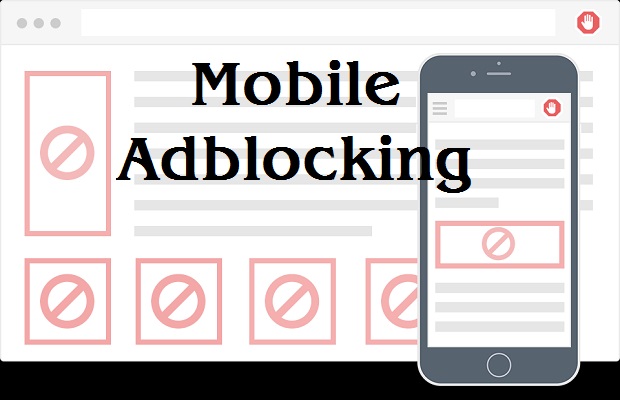The EU’s Body of European Regulators for Electronic Communications (Berec) is scuppering mobile network’s plans to block ads at a network level, under new net neutrality laws.
The ruling is bad news for UK operator Three, which recently ran an ad blocking trial with around 20,000 of its customers. It’s done the same trials in Italy, though it hasn’t revealed the results of either trial.
The company is using technology provided by Israeli company Shine, which already provides blocking across the Digicell network in Jamaica owned by Irish tycoon Denis O’Brien.
One of Shine’s investors is Li Ka-shing, boss of Three parent company CK Hutchison and also a major investor in Facebook.
Three has so far been the only mobile operator to block ads, but other networks like O2 have also reportedly shown interest in the notion.
Net neutrality is the principle that internet service providers should treat all online content equally without blocking or slowing down specific websites on purpose, or allowing companies to pay for preferential treatment.
The EU ruling could eliminate a looming threat to publishers who are already struggling with the commercial consequences of growing numbers of people using software to block ads on their PCs or smartphones.
Berec’s new guidelines say that providers “should not block, slow down, alter, restrict, interfere with, degrade or discriminate advertising … unless the conditions of the exceptions … are met in a specific case.”
IAB Europe issued a statement saying that it welcomes guidance published by EU telecom regulators on Tuesday confirming that network-level ad blocking is a violation of EU rules on net neutrality. “This official clarification aligns to what any sensible person would consider to be intuitively correct”, said Allan Sørensen, IAB Europe Policy Committee Chairman.
Under EU rules, Internet Service Providers (ISPs) may not block, slow down, alter, restrict, interfere with, degrade or discriminate when providing an internet access service. In their report, the regulators specifically state that this prohibition applies also to advertising.
“Hopefully the timing of the guidance, coming as it does when network-level ad blocking remains limited to isolated cases in sub-regions of the EU, will nip the problem in the bud. Consumers have the right not to receive online advertising if they choose not to, and to compensate publishers and providers of other online services in some other way. But the imposition of network-level blocking would have nefarious medium- to long-term consequences for European media and Europe’s digital economy.”
Read the EU guidance here
Ad blocking goes mobile: 615m devices blocking ads worldwide – Feb 2017

